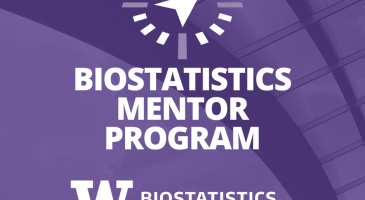News & Events
Latest




Research Professor of Biostatistics and Fred Hutch faculty member Barbra Richardson is quoted.


Fred Hutch researcher and Research Professor of Biostatistics Peter Gilbert is corresponding author on new study examining correlates of protection, immunological markers that can be used to reliably predict the level of vaccine efficacy against a clinically relevant endpoint such as COVID-19.


We are no longer in the most dangerous phase of the pandemic, but we also have not reached the end. So COVID-19’s trajectory over the next few months will depend on three key unknowns: how our immunity holds up, how the virus changes, and how we behave. Professor of Biostatistics and Fred Hutch researcher M. Elizabeth Halloran is mentioned.


Katrina A.B. Goddard (MS ’95, PhD ’99) was appointed Director of the Division of Cancer Control and Population Sciences (DCCPS) in October 2021. In this position, she oversees a division of the National Cancer Institute that covers a wide range of scientific domains and disciplines, including epidemiology, behavioral science, surveillance and statistics, cancer survivorship, and health services and outcomes research.